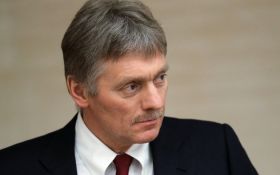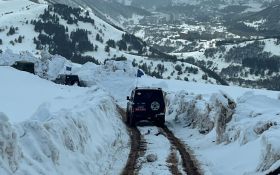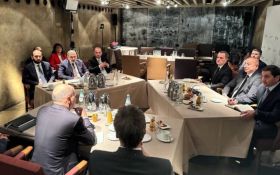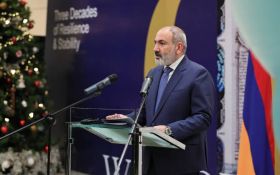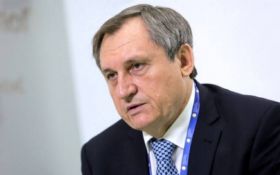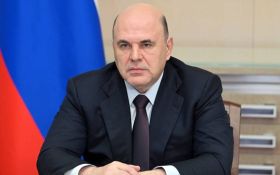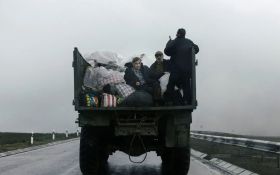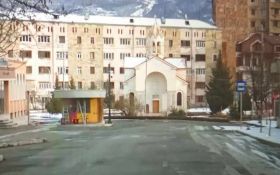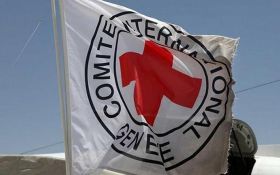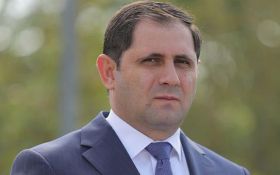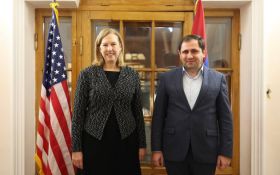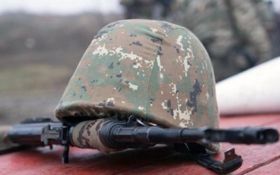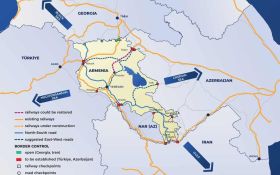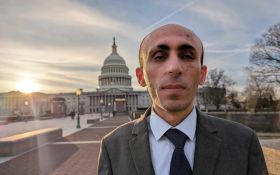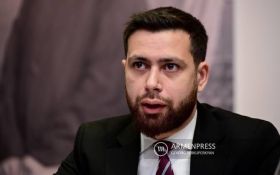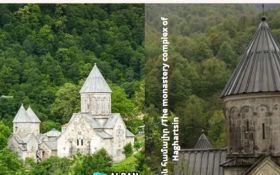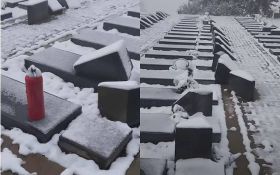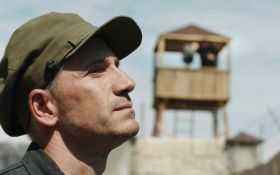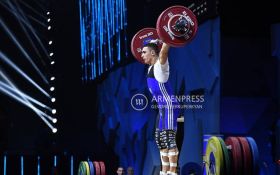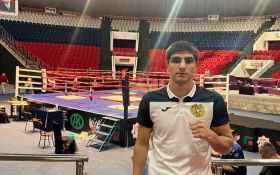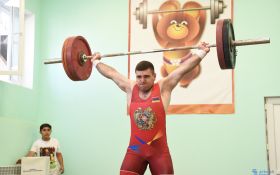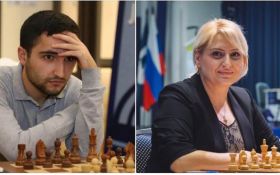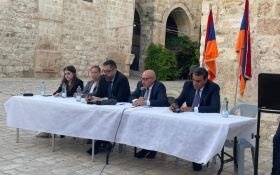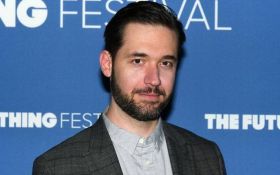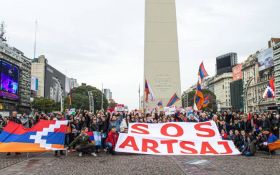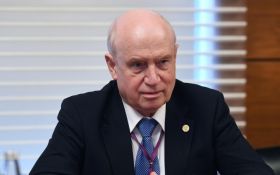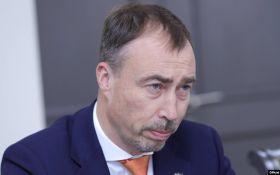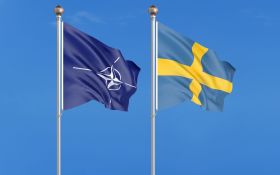“Artsakhpress” had an interview with the Member of the Spanish Senate Carles Mulet Garcia on the Azerbaijani aggression launched against Artsakh on September 27.
Europe condemns aggression when it has an interest, but is silent when it has no interest. Member of the Spanish Senate Carles Mulet Garcia
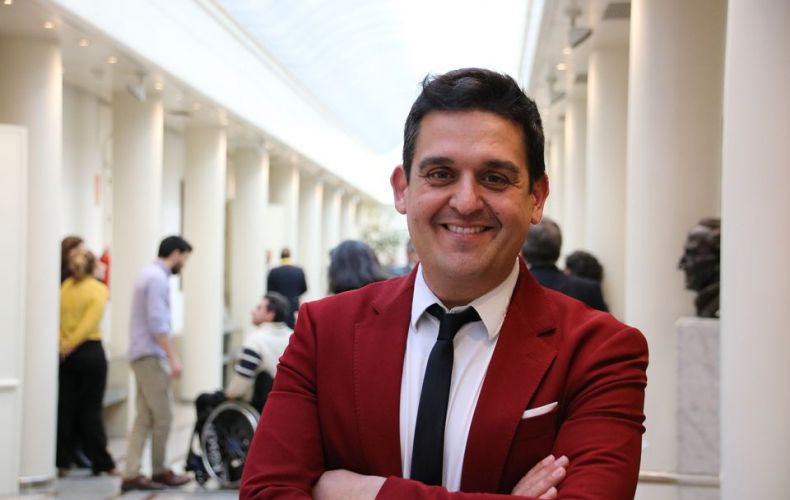
STEPANAKERT, OCTOBER 27, ARTSAKHPRESS: Member of the Spanish Senate thinks that Azerbaijan will never move towards the recognition and respect of Artsakh, if there is no international diplomatic pressure.
Carles Mulet Garcia mentioned that we have already seen how it acts and what its position is, it will not change until Azerbaijan feels pressure from the international community.
The interview is presented below:
Mr Garcia, do you think it is possible to reach a final settlement of the issue through diplomatic channels?
I believe that the only possible solution is diplomatic channels; war can never be the solution to anything. The fact that the country is independent, what the people want, should be accepted by the rest, should be understood and respected, even if they don't like it. It is like trying to want a couple united by force, when feelings ask you to be separated, or united to another person, you cannot answer with force and imposition, since it is doomed to absolute failure. The solution is to talk and understand how other territorial conflicts have been resolved, but in this degree of bitterness, the international organizations and actors should protect.
How would you assess the fact that Azerbaijan, with the support of Turkey, Israel and mercenary terrorists, has waged war against Artsakh?
I think it is a time bomb, we have already seen other experiments of feeding terrorist groups, mercenaries, or direct incitement of hostilities by third countries, creating instability in different regions or countries, but when you create and feed a monster, it arrives a moment that you can no longer control. As we say here, whoever plays with fire gets burnt.
Despite the fact that Artsakh isn’t internationally recognized, today the Artsakh issue is in the center of the international community’s attention. In your opinion, what prevents the international community from admitting Artsakh as a separate state and recognizing the independence of the Artsakh Republic?
Sometimes it is difficult for me to understand geopolitics, how there arecases when the artificial or justified independence of certain peoples is encouraged and promoted, and others’ is blocked. Always the States, the international organizations are always guided by more complex interests; they avoid conflicts of interest of other countries. In this case, I think that the pressure from Turkey , to a certain extent, from the terrorist state of Israel is great. I wonder how much does the Spanish state earn from the sale of arms to Turkey? Millions of people are being brutally killed in Kurdistan, Artsakh or Armenia, but successive Spanish governments have not changed their policies, selling weapons to a regime like Turkey.
In your opinion, why are European countries silent? Why do they tolerate Azerbaijan's contempt?
I think it is for various reasons, for the lack of interest in the area, for not generating conflicts with Turkey (we have also seen silence or collusion in case of the massacre of the Kurdish people). In terms of population, both Armenia and Artsakh are small on the world map; they are not countries where large multinationals have set their goal. Although we see how Europe or Spain feeds instability in other territories, or condemns aggressions where large European or Spanish companies have interests, it is silent when it has no interest. It should be remembered, for example, how the former president of the Parliamentary Assembly of the Council of Europe, Pedro Agramunt, has been accused of being bribed by Azerbaijan with all kinds of gifts, from caviar to prostitutes, reaching this level of degeneration of the ruling political class.What can't you wait for? How many people who should be positioned and be critical are not being bribed?
There are people who have spoken out forcefully who have very important positions of institutional representation, but I understand that it should be much more forceful, that all democratic governments should be the ones who will speak out to condemn and take serious measures to demand an end to the aggressions.
Interview by Ani Avanesyan

